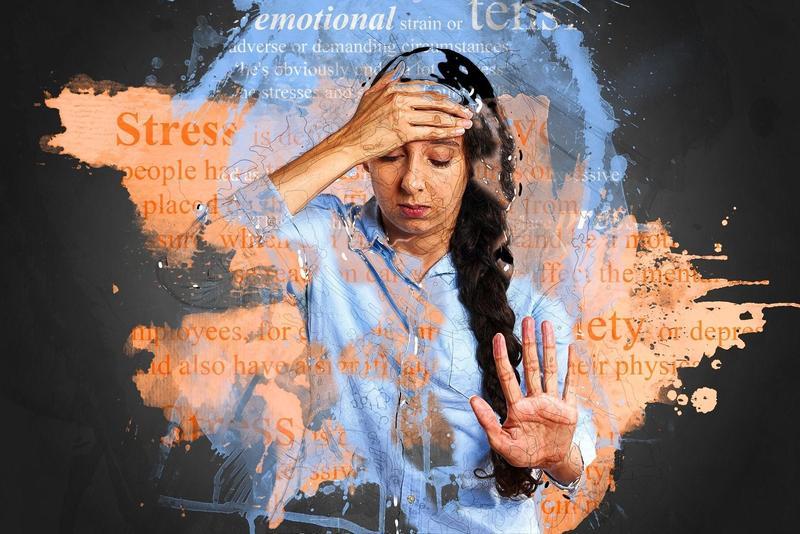4 Misconceptions About Postpartum Depression: A Blog About PPD and How to Manage It.
4 Misconceptions About Postpartum Depression: A Blog About PPD and How to Manage It.
Postpartum depression is a real problem for many mothers, which often has negative implications for their children. It’s very real and far from the “baby blues”. PPD is common for women in the first few days after they have given birth. The symptoms may become severe to others and can lasts for months. For many women, they don’t understand the signs to look for or whether they are suffering.
I have noticed a couple of misconceptions people have about postpartum depression. When a woman or her loved one is dealing with PPD, people involved ignores. They tend to overlook the disorder, not understanding how hard it is for the new mom to eliminate such feelings.
Although it’s not something new, still many of us don’t consider it seriously. Having PPD is not unusual behavior for women after they give childbirth. It’s a surprising thing that most people think of it as mood swings or something different from depression.
PPD is more of a major disorder than just mood swings. Only those affected understand or if you know someone currently suffering from this problem. Avoid thinking the name says it all. Not every other person will know when it strikes.
This article attempts to clear some of the most common misconceptions about postpartum depression.
1. Postpartum Depression is a Myth
While giving birth is worth celebrating, not every woman feels that joy. Some women end up harming themselves. Others felt hopeless, restless with deep suicidal thoughts. There is a force that many women cannot explain that push them to act in awkward ways. If you see your loved one is not living her usual self after birth, please help her.
Despite the signs and changes, many people don’t believe PPD exists. To accept PPD is a myth is the first mistake many women make when deciding whether to seek treatment or ignore the feelings. But, it’s not true. Postpartum depression exists. But it’s not as open as you might think either. There are some critical facts you should know about postpartum depression that aren’t common knowledge.
2. Postpartum Depression Only Affects Mothers
Anyone within the family can suffer from postpartum depression. This includes children who feel the effects of the woman’s postpartum issue and fathers and grandparents. The exciting thing about this misconception is common in several cultures without limiting one specific culture. For example, we can see it in Japanese and American cultures.
Fathers may experience PPD as a way of expressing neglect after the baby arrives. Siblings may feel like the little one has occupied their comfortable space, thus leaving them depressed. So, any family member is prone to PPD.
3. Women Who Suffer from Postpartum Depression Are Weak
The postpartum period brings a lot of physical, hormonal and emotional changes that can affect our mood and outlook on life. This is especially true regarding people's common misconceptions about postpartum depression (PPD) and other mental health issues. If we don’t talk about these things, many people are still under the impression that women who suffer from postpartum severe mood swings are “weak” or are bad mothers.
In reality, such women are trying their best to remain unmoved.
4. Postpartum Depression Is the Same As “The Baby Blues”
Many people still misunderstand PPD. They mistakenly believe that it’s just “baby blues” or “mummy blues”, which quickly goes away with some relaxation. However, this phrase is anything but inaccurate. They misinform many women about what postpartum depression entails and how it affects the mother and the child, and other family members.
Learning that you suffer from this illness may impact you and your loved ones.
Common signs
Please observe if your loved ones are experiencing some of the following symptoms;
- Severely becoming restless
- Insomnia (lack of sleep)
- Intense anger and irritability
- Excessive crying
- Difficult bonding with the baby
- Loss of energy
- Lack of focus on things they used to love
- Unable to make concrete decisions
- Recurring suicidal thoughts
Postpartum depression has become a more talked about topic, but it still isn’t enough. I believe that postpartum depression is more common than people realize. The misconceptions are primarily the result of feeling too uncomfortable to talk about it. I think we make to an extent woman to feel ashamed or to think they are alone in their feelings. Blame this on the society that doesn’t openly discuss PPD enough.
Final Thoughts
- People should stop the notion that there is something wrong with you from feeling depressed after birth.
- Please curb the myth that it doesn’t affect men; it does. People should take PPD seriously.
- And failing to acknowledge postpartum depression for what it is: A medical condition with symptoms and treatments might lead to intense damage.
Postpartum depression is not a permanent condition. If untreated, it may take months. Please seek help.
Be the first to post a message!
